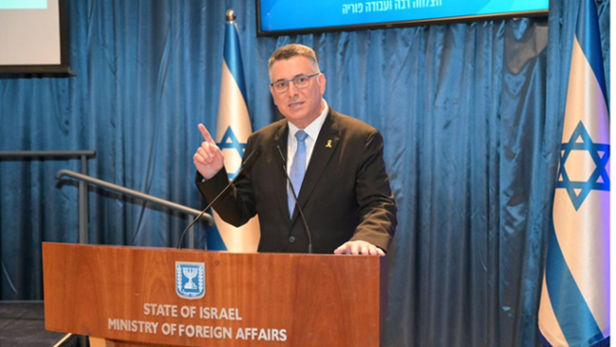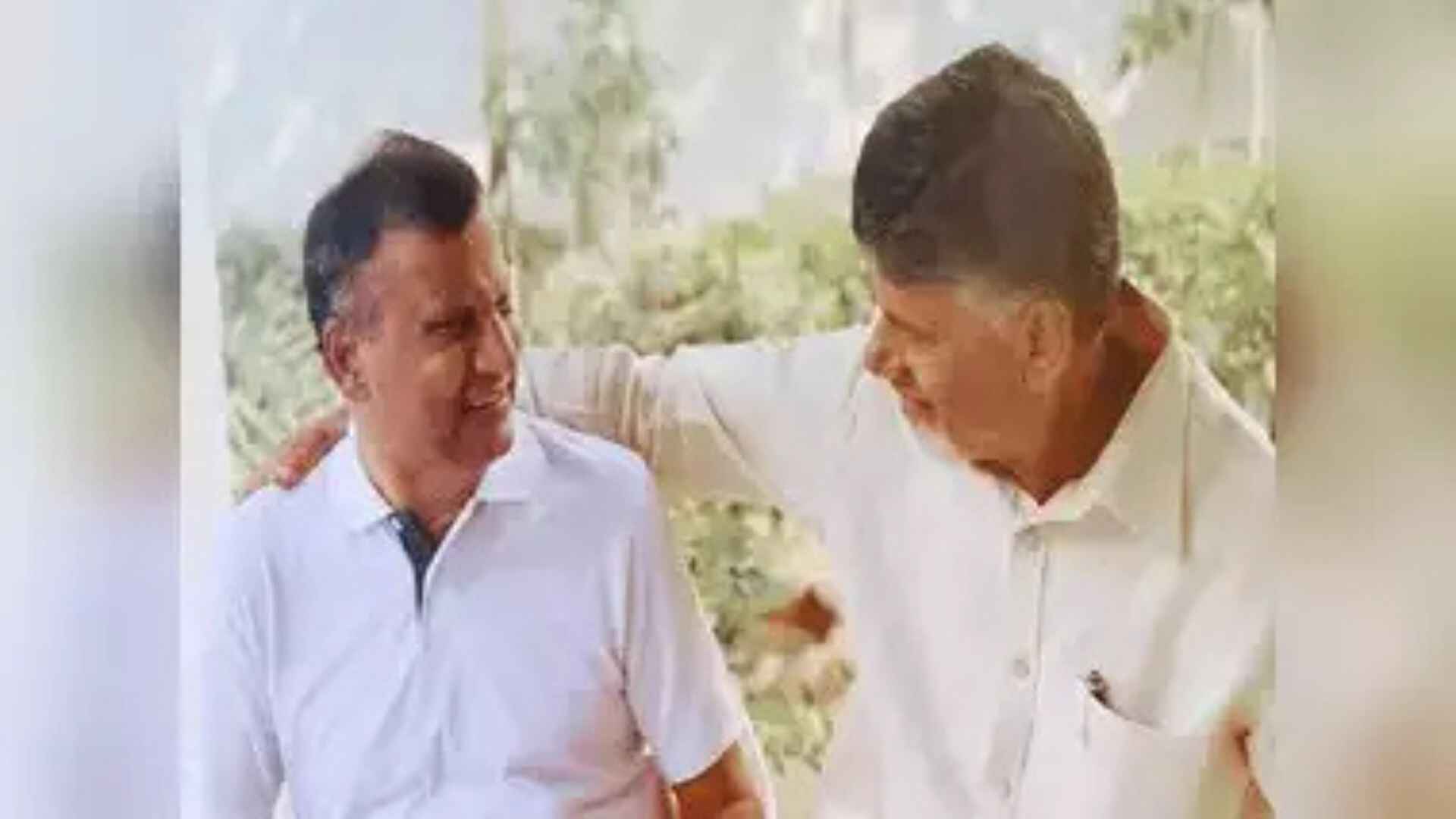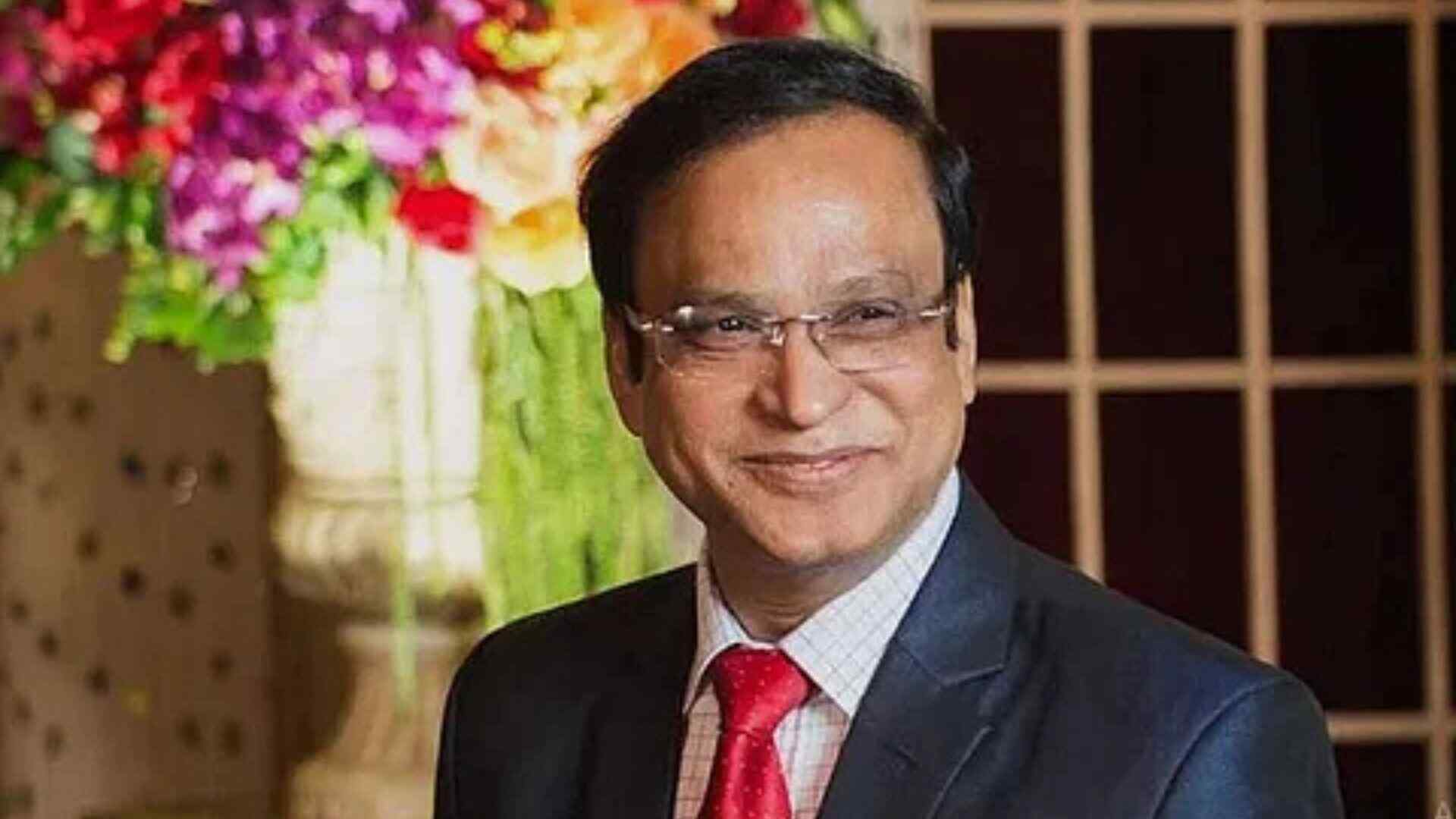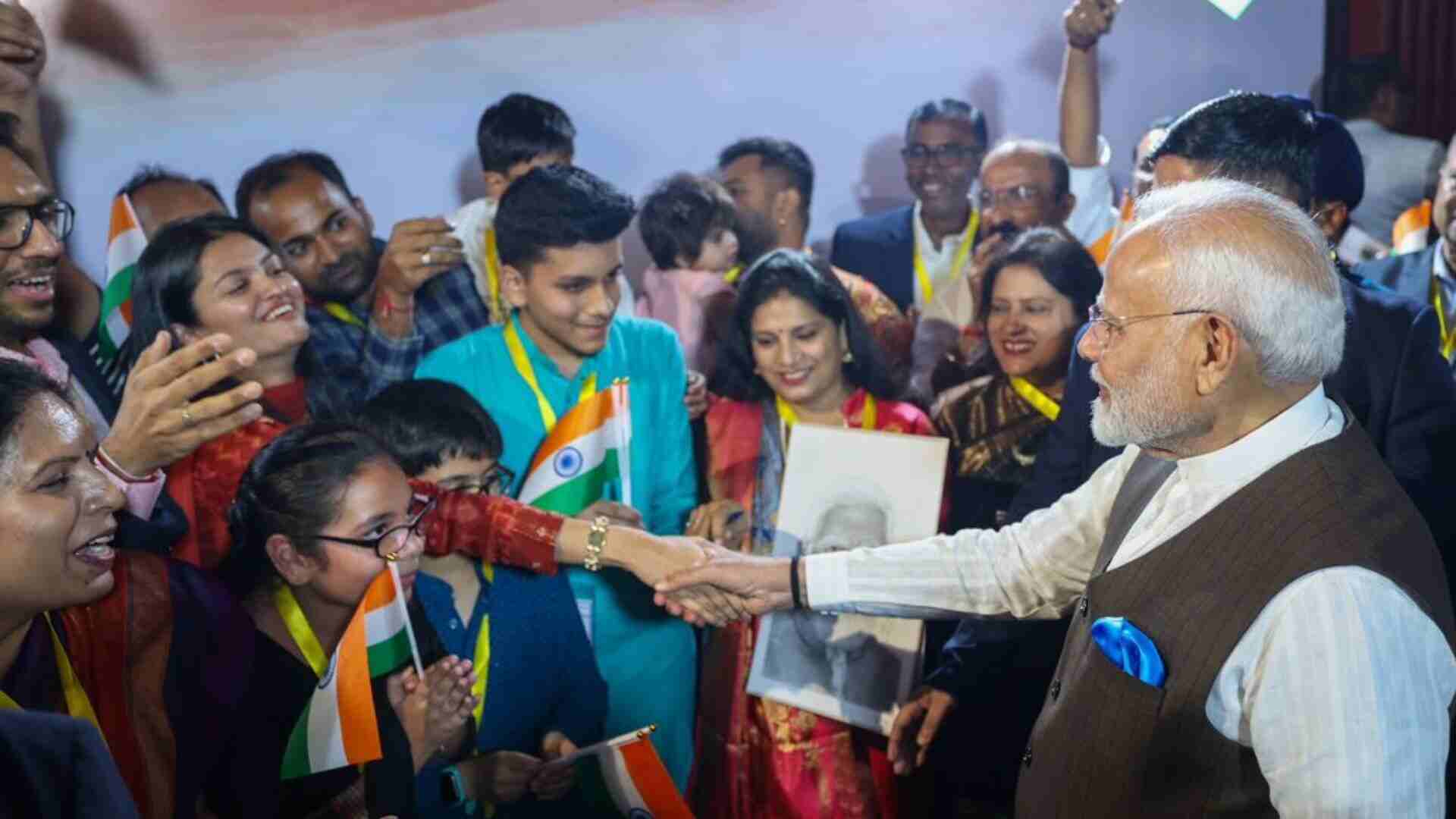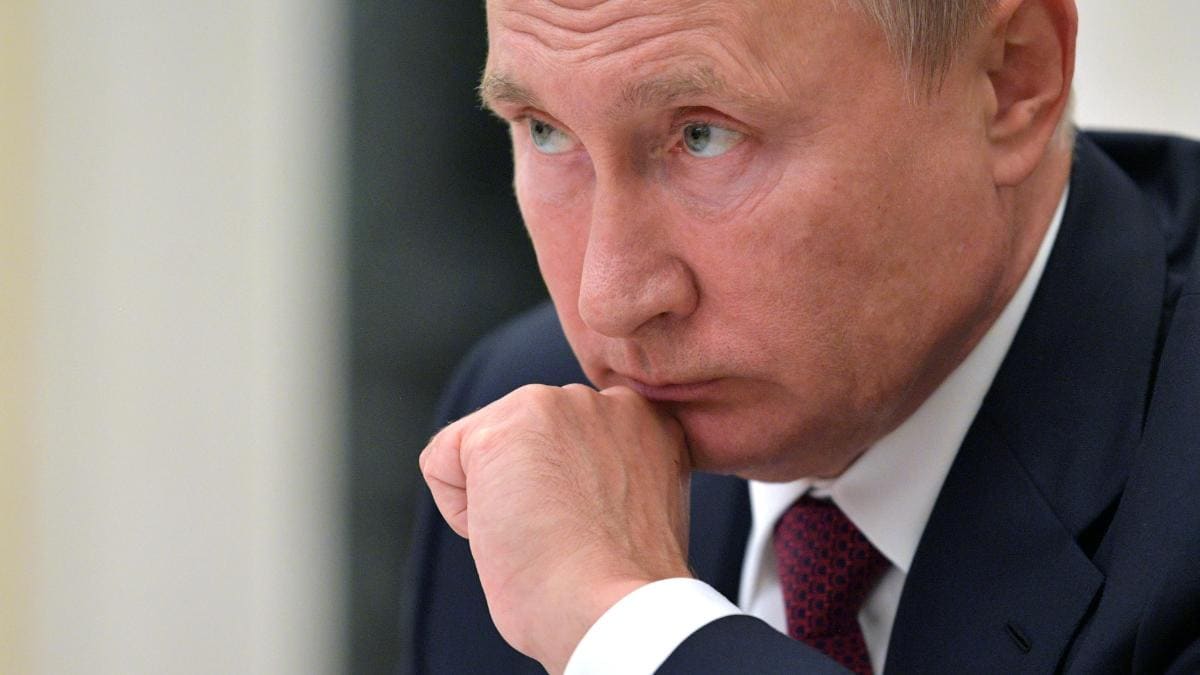
Nearly eight months into the Russia-Ukraine war, which started with Vladimir Putin’s invasion of Ukraine on 24 February 2022, the time has come for India to take a long and hard look at itself, specifically on the direction which it is headed when it comes to Russia. India has been very clear that there should be an immediate cessation of violence in the Ukraine war. The Prime Minister too has told Vladimir Putin that this is not the era of war. India says that it’s following a policy of neutrality. But the problem is, no one is buying India’s claim and is firmly putting it in the Russian basket, courtesy India’s actions ever since the start of the war. There is a reason for that—for instance, India’s constant abstentions from voting on issues related to Russia. Except for a couple of procedural votes—once to allow Volodymyr Zelenskyy to speak at the UN and another to disallow the Russian demand to have a secret ballot on a draft resolution on the Ukraine referendum—India has always abstained on every Russia vote and has not even mentioned Russia by name at the UN. Apparently, it is our long-standing policy not to name any country. But why is it so difficult to take a stand on humanitarian issues? Why does India abstain from voting against Russia on this issue? Surely, we do not believe that the Russian invasion has made life easier for Ukrainians. Ukraine is facing a major humanitarian crisis. But such is our inability to take a stand on such matters, that we even abstained from voting against China’s human rights violation in Xinjiang—China, which is our sworn enemy and is committing a genocide against the Uyghur population. We call ourselves the world’s largest democracy, but we cannot stand up to blatant rights violations by either China or Russia. This is a weak-kneed approach. Just because the West uses human rights as a political tool to serve its own goals, does not mean that we cannot take the high ground for once and spell out a wrong as a wrong. There is no justification of Russia’s invasion of Ukraine, however much the spin be given that it was being cornered by Nato, so did not have a choice. If every nation feeling cornered starts invading neighbouring countries, that will spell the end of the rules-based order. So our nuanced stand on Russia, where we condemn the invasion in strong words, but abstain from voting against the invasion, sends out confusing signals. It is too nuanced, too subtle for the rest of the world to understand, which sees our abstentions as support for Russia.
A country’s foreign policy should be about taking care of one’s own interests, the reason why India has ramped up the purchase of discounted oil from Russia—rightly so. Not letting its citizens suffer because of high oil prices, not allowing recession to batter the economy, is a sign of good governance. But beyond that, what is “standing with Russia” giving us, except for souring our relations with a large part of the democratic world? Take our relationship with the United States, for instance, which has hit a rough patch. We need to remember that the Russia of Vladimir Putin is not the Soviet Russia of the Cold War era, with which India had historical links. The bitter truth that the Russia-lovers in India need to face is that Putin’s Russia is not muscular enough to pull off a quick victory over a tiny Ukraine. Russia’s military prowess is coming under question every day the war continues. Worse, Putin’s Russia is behaving like a rogue, threatening the use of nuclear weapons. If, heavens forbid, Putin uses tactical nuclear weapons in Ukraine, what will India do? Stand with that act of criminality? It’s hoped not. India’s inventory of Russian weapons is not reason enough to continue to side with Russia. The rate at which the war is continuing, it will anyway dry up the flow of weapons from Russia. Already India is facing the problem of sourcing spare parts for its Russian equipment. Moreover, Putin’s Russia is sanctions-hit and a global pariah; it will never be able to give India the latest technology in defence. Worse, by holding on to Russia’s coattail, India risks the drying up of critical technology from the West. Russia is also completely dependent on China and any Russian neutrality in case of an India-China conflict will pose a major problem for us. While the West cannot be absolved of blame in the Ukraine war, and is staring at a recession and an energy crisis, what makes our Russia-lovers think that Moscow doesn’t face the risk of being hobbled permanently? Bombing a country—Ukraine—which does not have an air defence system, as Russia did recently, is neither an act of bravery nor a sign of Moscow winning the war. It’s a sign of desperation. The fact is, in spite of all the huffing and puffing, Putin will be able to do zilch when Sweden and Finland join the Nato, because he cannot afford to take on the Nato. If he uses nuclear weapons against the Nato, it will not only doom the world, but finish him as well.
If foreign policy is about taking care of one’s own interests, it is time India took care of its own interests and started decoupling from Russia. Memory of a past friendship or loyalty cannot determine present policy. What is needed is adoption of a smart policy, which is truly independent.
Joyeeta Basu
